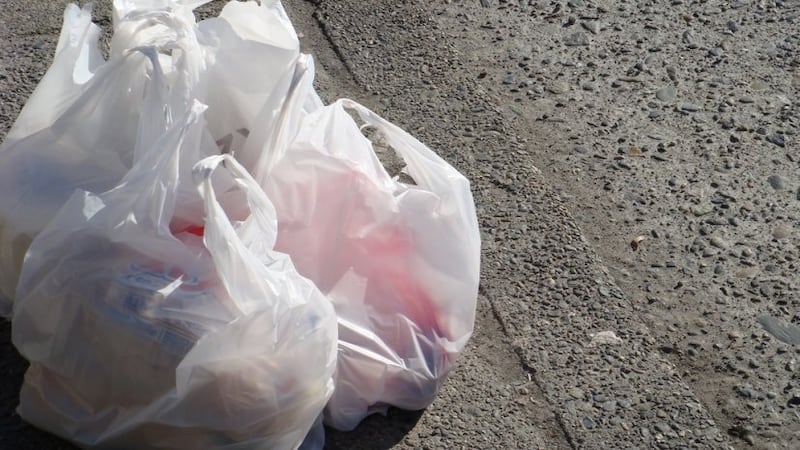Single-use plastic bags are no longer available at any major supermarkets in New Zealand after Foodstuffs’ operations stopped supplying the bags today.
Foodstuffs, which operates supermarket stores New World, Pak 'n Save and Four Square, announced last month it would, "work with suppliers to review their packaging and the removal of single-use plastic bags at the checkout at all out stores on January 1, 2019.
“Concurrently, Foodstuffs is exploring a number of exciting new avenues to help reduce soft plastic waste among other products,” Foodstuffs said in a statement.
Countdown supermarkets also stopped supplying the bags in October 2018.
It comes after a decision made by the government to phase out single-use plastic shopping bags to better look after the environment, with regulations to come into force from July 1, 2019.
However, the supermarkets decided to stop supplying the bags six months earlier.
The Ministry for Environment said the regulations apply to all new plastic shopping bags with handles that are made of plastic up to 70 microns in thickness.
“This includes the light-weight plastic bags commonly found at supermarket, takeaway food and other retail checkouts, as well as heavier boutique-style shopping bags and the ‘emergency’ bags currently offered by some supermarkets as an alternative to a free single-use bag.”
Meanwhile, one Christchurch produce store thinks they have found the answer to the plastic bag problem, with the introduction of Kai Baskets - an initiative woven together by whānau throughout Waitaha.
The owner of Raeward Fresh, Simon Turnbull says, "The customers are really enjoying them. It's a certain type of customer, the customers who are already embracing change and moving away from plastic. The customers who you already see arrive with reusable bags. They seem to be the ones who love the product."
Just like the trolleys, the flax baskets are free to use for each customer. They're made to hold loose fruit and vegetables.
Turnbull says, "Flax is so durable and it can be easily fixed. So for example, if we have a damaged basket we can re-weave the fibers back together, we can put it in boiling water to disinfect it, we can do all sorts of things to preserve the life of that basket rather than chucking it in the landfill and then at the end of life we can even find a good home for it to return back to the earth."

